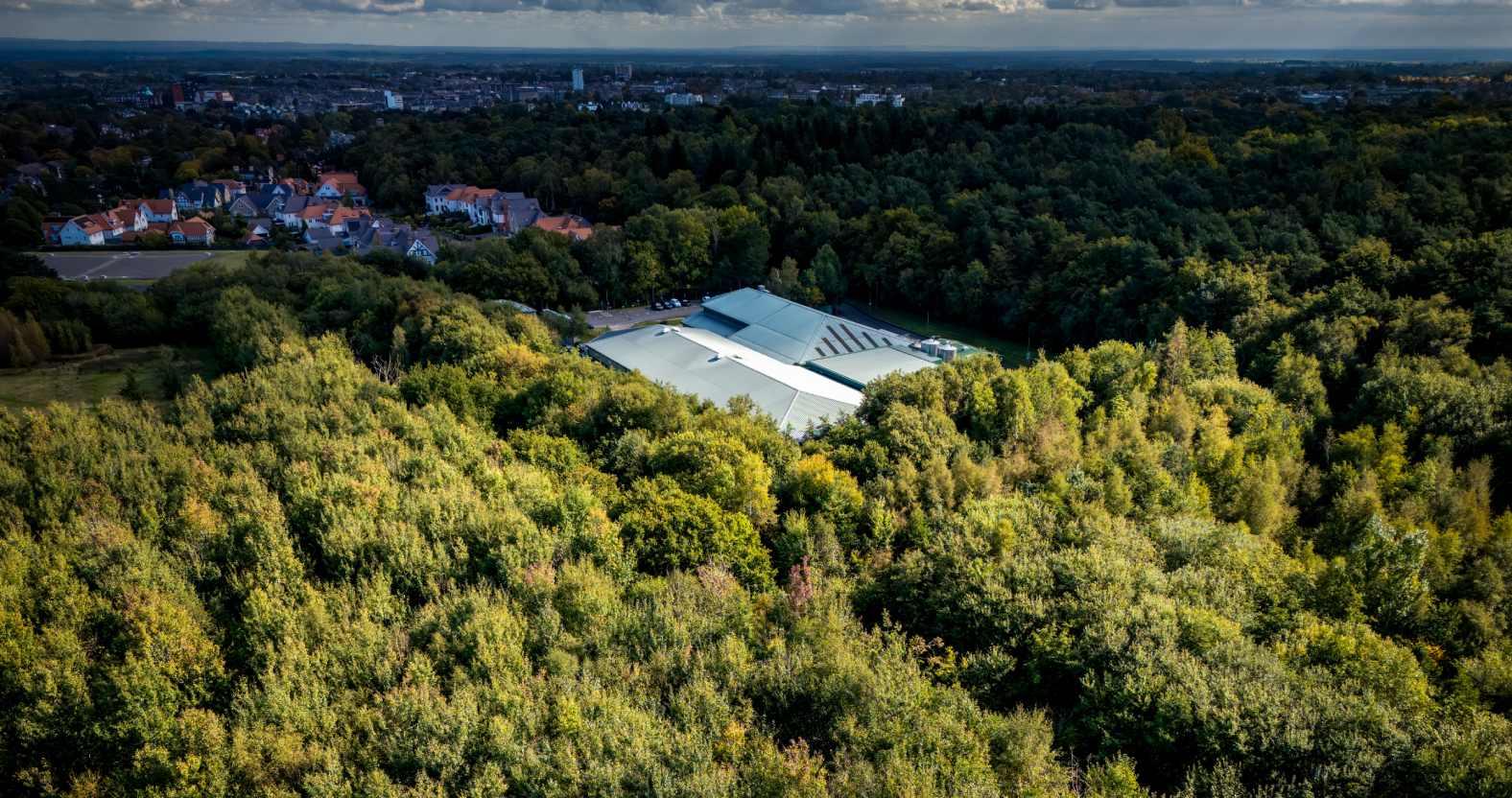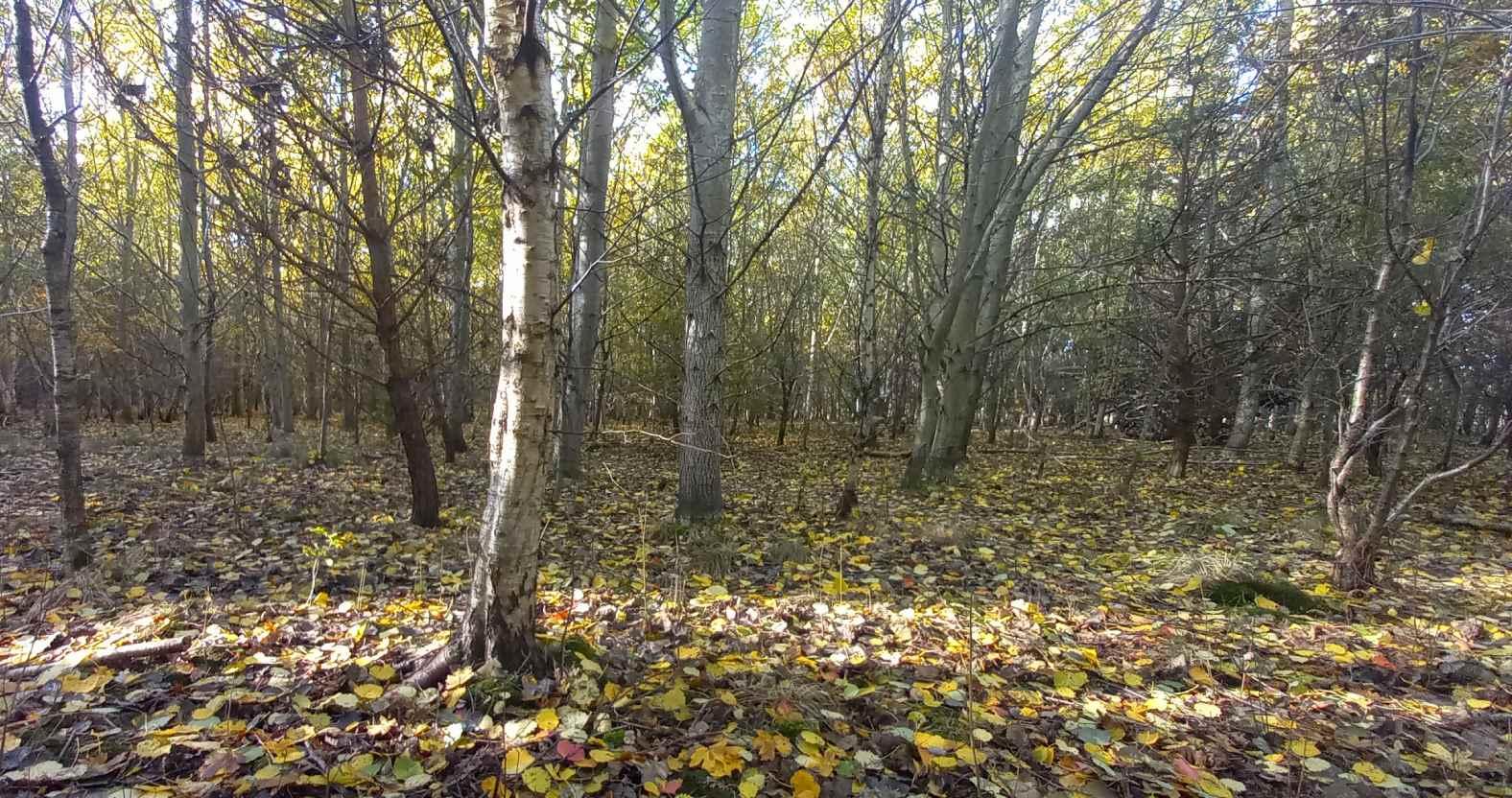Subscribe to trusted local news
In a time of both misinformation and too much information, quality journalism is more crucial than ever. By subscribing, you can help us get the story right.
- Subscription costs less than £1 a week with an annual plan.
Already a subscriber? Log in here.
26
Nov 2025
Rotary seeks new meeting with Harrogate Spring Water over expansion plans

The Rotary Club of Harrogate has said it wants further assurances from Harrogate Spring Water regarding its proposed bottling plant expansion, which threatens woodland the club planted 20 years ago.
Harrogate Spring Water’s plans entail building on part of Rotary Wood – which is part of the Pinewoods in Harrogate – and compensating for the loss of trees by planting more along a 30-metre strip of land to the rear of its site, adjoining the wood.
The Rotary Club, which planted the wood with the help of local schoolchildren in 2005 to mark the centenary of Rotary International, wants any such undertaking to be included in a Section 106 agreement before any decision is made on the application.
A Section 106 agreement is a legal contract between a company and a local authority to mitigate the impact of a new development.
Conditions not met yet
Rotary has previously said that it would not object to Harrogate Spring Water’s application so long as 10 conditions were met.
A draft Section 106 agreement was uploaded to North Yorkshire Council’s planning portal on Monday, but it did not meet or address all the conditions.

Rotary Wood in Harrogate.
For example, the Rotary Club wanted trees to be replaced in a ratio of 3:1, but the draft agreement makes no mention of that, although the company has previously promised a 6:1 ratio.
Rotary also wanted the Section 106 agreement to be effective for 60 years, but Harrogate Spring Water’s draft agreement stipulates 30 years – the legal minimum.
Rotary also wanted the new woodland strip to be a continuation of Rotary Wood and be registered as an Asset of Community Value, as the current wood is, but the draft agreement makes no mention of this.
'We're getting close'
Nevertheless, Chris Whapples, chair of the environmental project group at the Rotary Club of Harrogate, said he thought a deal was close.
He told the Stray Ferret:
We fought tooth and nail to stop the original extension proposal, because we didn’t feel the compensation package was sufficient – and the council planners agreed.
But since then, we’ve had extensive discussions with Harrogate Spring Water, and we think overall the short-term losses will be offset by the long-term gains.
We’ve always said that if we can get a satisfactory Section 106 agreement, we would take a neutral role and not object.
Mr Whapples has requested another meeting with Harrogate Spring Water to seek further clarification on “a couple of points”, but he declined to specify which.
He added:
Rotary’s position is that we obviously would prefer that no damage was done to Rotary Wood, but we’re pragmatic. So long as adequate compensation is put in place, we won’t oppose the application.
We just want to see it safeguarded and proper provision put in place, and we feel we’re getting close to that.
The draft Section 106 agreement also reveals – it is believed for the first time – the identities of the owners of the 30-metre strip of land that Harrogate Spring Water proposes to plant compensatory trees on. They are: Judith Margaret Stephenson of Howsham, north-east of York; Elizabeth Susan Tuck, of Petersfield in Hampshire; and Caroline Mary Aspdin of North Deighton – the only one living in the Harrogate district.

A protester against the plans to build over Rotary Wood.
Why campaigners object
The proposed bottling plant extension has been one of the district’s most contentious planning issues of recent years. The reserved matters planning application currently under consideration, which councillors deferred last month, has received more than 1,070 objections, but just 12 comments in support.
Campaigners against the scheme object to it for a variety of reasons. Some dislike the idea of destroying woodland planted by schoolchildren, and many cite environmental concerns related to biodiversity, carbon footprint and plastic waste.
Others object to a multinational company using Harrogate’s name and spring water in return for a contribution to North Yorkshire Council amounting to just 0.5% of revenue.
Criticism
The company has been criticised recently for claiming its water is "bottled at source", when some of it is in fact piped in from a borehole some distance away.
It also agreed to drop the strapline "since 1571" after the Advertising Standards Authority said it was “likely to mislead” consumers. The year 1571 was when local spring water was first recognised as being something special, rather than the year Harrogate Spring Water was founded. The company was actually established in 2000, and sold its first water in 2002.
Last week, the Stray Ferret asked Harrogate Spring Water for an interview with its managing director, Richard Hall, but we were told he would not be available.
1